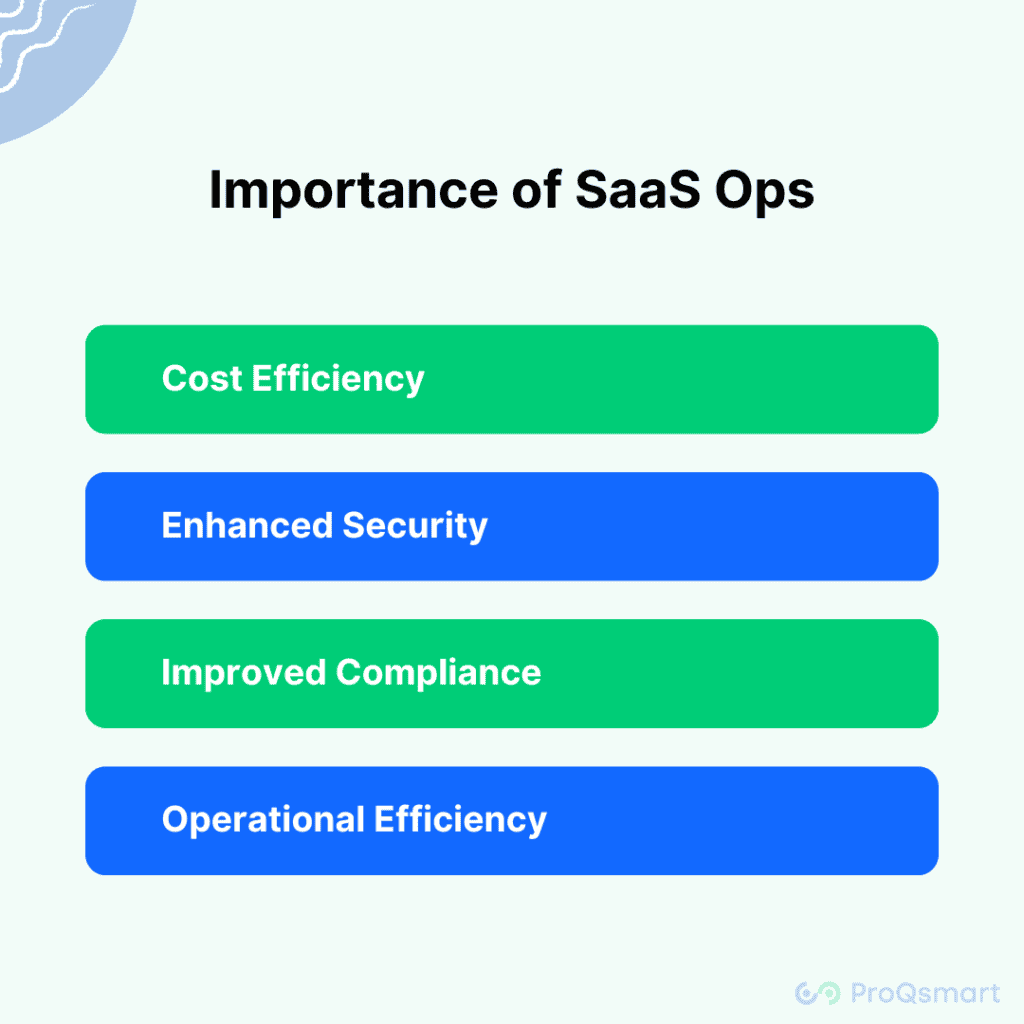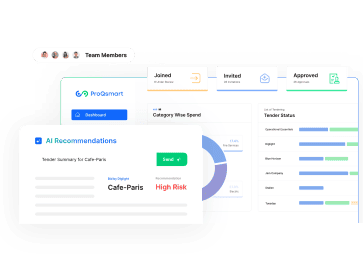In the ever-evolving landscape of software management, SaaS Ops has emerged as a critical discipline that ensures efficient and effective use of Software-as-a-Service (SaaS) applications within organizations. As businesses increasingly rely on a myriad of SaaS solutions for various operational needs, managing these applications has become more complex and demanding. This comprehensive guide delves into what SaaS Ops is, its key functions, and why it’s indispensable in today’s digital workplace.
What is SaaSOps?
SaaS Ops, or SaaS Operations, refers to the practice of managing and securing SaaS applications throughout their lifecycle in an organization. This includes procuring, deploying, managing, and optimizing the use of SaaS products to ensure they are effectively integrated into business processes and that they comply with both internal policies and external regulations.
The Role of SaaS Ops
SaaS Ops is primarily concerned with overseeing the entire ecosystem of SaaS applications used by a company. Its roles and responsibilities can be categorized into several key areas:
Procurement and Licensing Management: Managing subscriptions, negotiating contracts, and ensuring that license allocations meet the actual needs of the users without wasteful overspending.
Deployment and Integration: Overseeing the deployment of new SaaS applications and ensuring they integrate seamlessly with existing systems to support smooth business operations.
Performance Monitoring: Continuously monitoring the performance of SaaS applications to ensure they meet the expected service standards and contribute positively to user productivity.
Security and Compliance: Implementing robust security measures, including access controls and data protection strategies, to safeguard sensitive information and ensure compliance with relevant laws and regulations.
User Administration and Support: Managing user access and permissions, providing necessary training, and supporting users with troubleshooting and resolving any issues related to SaaS applications.
Importance of SaaS Ops
The growth in the number and variety of SaaS tools used in organizations has led to increased complexities in software management. Here’s why SaaS Ops is becoming increasingly essential:

Cost Efficiency
SaaS Ops helps organizations avoid unnecessary expenditures on unused or underused subscriptions by optimizing SaaS license management.
Enhanced Security
With the rise in cyber threats, managing access and data security across multiple SaaS applications is vital. SaaS Ops plays a critical role in implementing security protocols that protect organizational data.
Improved Compliance
As businesses are bound by various compliance mandates, SaaS Ops ensures that all SaaS applications adhere to legal and regulatory requirements.
Operational Efficiency
By ensuring that SaaS tools are properly integrated and utilized, SaaS Ops contributes to smoother operations and better overall productivity.
Key Challenges in SaaS Ops
Managing SaaS operations is not without its challenges. Some key hurdles include:
Complexity of Managing Multiple Tools: As organizations use an increasing number of SaaS applications, overseeing all these tools effectively becomes complex.
Data Silos and Integration Issues: Ensuring that disparate SaaS applications communicate effectively and that data flows seamlessly across platforms is a significant challenge.
Change Management: Regular updates and changes in SaaS platforms require ongoing adjustments in management strategies, which can be difficult to keep up with.
Future of SaaS Ops
As the dependency on SaaS applications grows, the role of SaaS Ops is set to become more strategic. Future advancements may include more sophisticated tools for analytics and automation to streamline SaaS management tasks and provide deeper insights into software utilization and performance.
Conclusion
SaaS Ops is crucial for the modern digital workplace, where SaaS applications form the backbone of daily operations. By effectively managing these tools, SaaS Ops enhances operational efficiency and drives better software ROI, ensures security, and maintains compliance. As organizations continue to embrace digital transformation, the importance of SaaS Ops will only grow, making it a key area of focus for proactive IT management and strategic planning.


